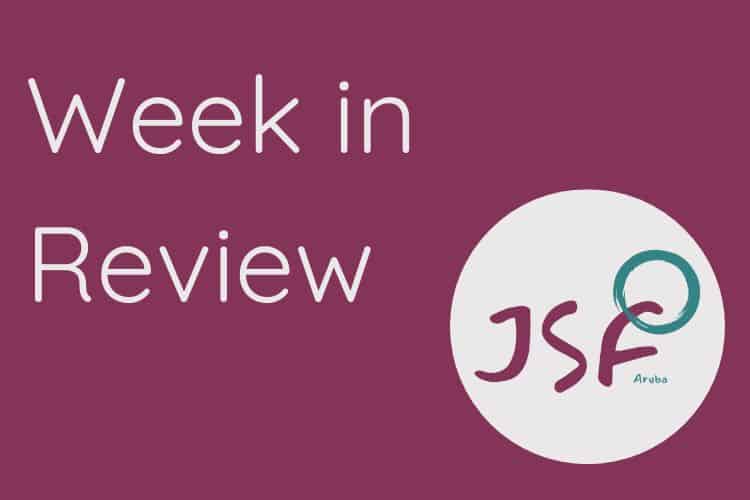
Week in Review 8 – Sometimes you’ve got to force the issue.
I really don’t like it, but sometimes you’ve got to stand up for yourself. And force people to take notice.
It goes against my nature, but if it needs to be done, it needs to be done.
Jeffry Stijn Foundation
We finally got our draft articles of incorporation. It’s riddled with errors, but at least we’re in the final stages of the legal basis of the foundation. I got my draft articles of incorporation for Just A regular Julie before the Foundation’s. Even though I started that process over a month later. Why it took so long remains a mystery. I ended up having to force the issue by cc-ing the notary herself.
We’re in the process of securing funding for a psychiatric service dog (PSD) project. We can’t officially submit it until we have a chamber of commerce number and a bank account. Which we can’t apply for until the incorporation is finalized.
I’m terribly excited about this project, for a few reasons. Not least of all because we’ve found a local trainer who has successfully trained and certified 2 service dogs already! Plus we’ll be following someone who’s successfully trained a PSD dog and had it certified abroad. He is in the process of training a new one, and we’ll be following that journey with him.
Access to public information
Access to public information in Aruba is not always easy nor forthcoming. This is a structural issue that has to do with good governance. It is not an issue that is Aruba’s alone. It is something all Dutch Caribbean countries and territories struggle with.
To date, the only way to get actual answers has been to send multiple e-mails. Followed by multiple reminders. Then lodge an official complaint. This is a process that takes months, if not years, and is incredibly time- and energy consuming.
For people who already have mental health challenges this is particularly demotivating. This structural lack of access to government policies or public information is not helpful. Most people I know stop making inquiries if their questions are consistently ignored, and never lodge formal complaints.
This is an area that the Jeffry Stijn Foundation for Mental Health and Patient Advocacy believes deserves attention and priority. Stay tuned for updates!
Doing the Work Independently
I’ve started reading The Body Keeps the Score by Bessel van der Kolk, M.D. It’s been on my reading list for years, but until recently I did not make the time for it. After reading 10% of the book, I have already come to more insights and understanding of myself and complex trauma, than I have in over 25 years. I decided to journal while reading.
It’s confronting and triggering. I wish I had a therapist or other mental health care professional to guide me through this process. In this case I’m forcing the issue for myself. I have been waiting on a trauma informed therapist to become available for years. In that time I have barely made any progress in dealing with root trauma, despite that having been my intention when I initially asked for help 5 years ago.
I don’t want to wait anymore. And although I know there are risks in doing this independently, at least I am putting myself and my mental health first.
Standing up for myself
Standing up for myself has not always been easy. Not in the least because in the past, standing up for myself led to violations of my person. Yesterday, for the first time ever, I stood up for myself without experiencing the normal physical reactions that come with that. These reactions are related to past unresolved trauma.
Although I’m glad that I got to experience this, I also feel ambiguous about it. I needed to stand up for myself, because I was not heard when I pointed out my issue normally. And the moment I stood up for myself I was threatened. Although this situation was resolved, the fact that it occurred at all bothers me. And it’s unfortunately not something that happens incidentally.
Yes I forced the issue, and it was the right choice. But one of these days I’d like to talk about and deal with issues, without having to deal with other people’s unconscious defense mechanisms. It’s a nice, albeit unrealistic, prospect.

